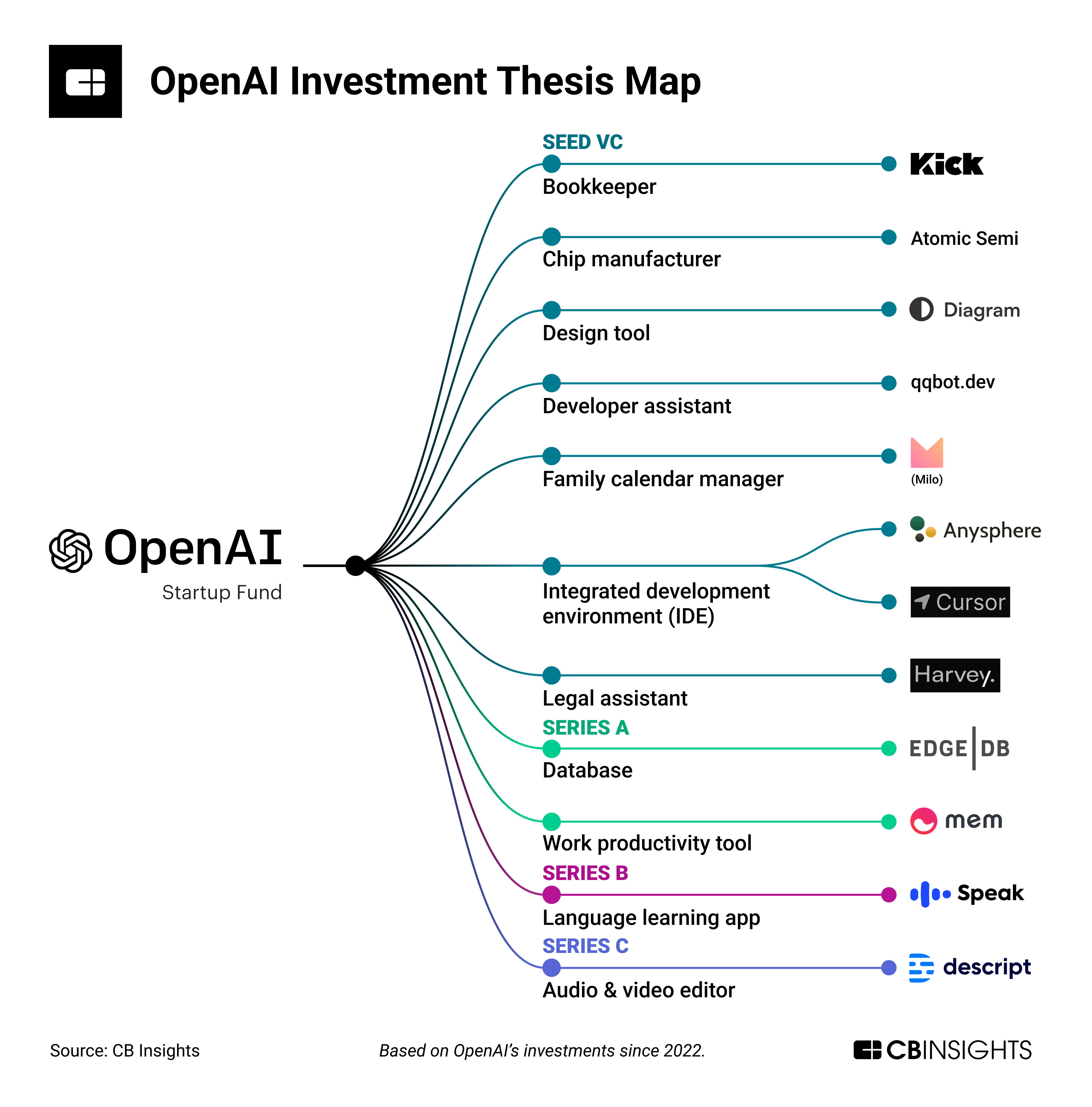FTC Probe Into OpenAI: Implications For The Future Of AI And Data Privacy

Table of Contents
OpenAI's Data Practices Under Scrutiny
The Federal Trade Commission (FTC) investigation into OpenAI centers on its data handling practices, raising significant questions about the company's adherence to data privacy laws. Understanding OpenAI's data collection methods is crucial to assessing the FTC's concerns.
Data Collection Methods
OpenAI's models are trained on massive datasets sourced from various avenues.
- Web Scraping: OpenAI utilizes web scraping techniques to gather vast amounts of text and code from the internet. This includes personal information inadvertently included in publicly accessible data.
- User Uploads: Users contribute data directly through platforms utilizing OpenAI's technology, further expanding its datasets. This includes text prompts, images, and code.
This lack of transparency around data usage raises serious concerns.
- Unclear Consent: The extent to which users consent to their data being used to train AI models is often unclear.
- Data Retention Policies: OpenAI's data retention policies and procedures may not adequately protect user privacy.
- Potential Violations: The methods employed raise potential violations of data privacy laws such as the GDPR (General Data Protection Regulation) in Europe and the CCPA (California Consumer Privacy Act) in the United States.
Algorithmic Bias and Fairness
Another key area of the FTC's scrutiny is the potential for algorithmic bias in OpenAI's models.
- Biased Outputs: AI models trained on biased data can perpetuate and amplify existing societal biases, leading to discriminatory outcomes. Examples include AI systems exhibiting racial or gender bias in their responses or decision-making.
- Ethical Implications: The ethical implications of biased AI are profound, potentially leading to unfair or discriminatory treatment of certain groups.
- Algorithmic Accountability: The lack of transparency and accountability regarding algorithmic bias necessitates the development of mechanisms to ensure fairness and mitigate harm.
Legal and Regulatory Ramifications of the FTC Probe
The FTC probe into OpenAI carries significant legal and regulatory ramifications for the company and the broader AI industry.
Potential Penalties and Fines
If found in violation of data privacy laws, OpenAI faces substantial penalties and fines.
- Financial Penalties: The FTC can impose substantial monetary penalties, potentially reaching millions or even billions of dollars.
- Legal Precedent: The outcome of this case will set a critical legal precedent for other AI companies, influencing their data practices and risk assessments.
Impact on AI Development
The FTC investigation could significantly impact the future trajectory of AI development.
- Data Collection Restrictions: Increased regulatory scrutiny may lead to tighter restrictions on data collection and usage practices for AI developers.
- Funding and Investment: The uncertainty surrounding the outcome could impact funding and investment in AI research and development.
- Increased Oversight: The investigation could spur increased regulatory oversight of the AI industry, leading to more stringent guidelines and compliance requirements.
The Future of AI and Data Privacy
The FTC probe underscores the urgent need for strengthening data privacy regulations and promoting responsible AI development.
Strengthening Data Privacy Regulations
Current data privacy laws may need significant improvements to address the unique challenges posed by AI.
- Enhanced Transparency: Greater transparency regarding data collection, usage, and retention practices is crucial.
- User Control: Users should have more control over their data, including the ability to opt-out of data collection for training AI models.
- Accountability Mechanisms: Robust accountability mechanisms are needed to ensure compliance with data privacy laws and address potential violations.
Responsible AI Development
Ethical considerations must be central to AI development.
- Bias Mitigation: AI developers must actively mitigate bias in their models through rigorous testing and data curation.
- Transparency and Explainability: AI systems should be designed to be more transparent and explainable, allowing users to understand how decisions are made.
- Ethical Frameworks: Adoption of robust ethical frameworks should guide AI development and deployment, prioritizing fairness, accountability, and user privacy.
The FTC Probe into OpenAI and the Path Forward
The FTC probe into OpenAI marks a pivotal moment in the evolution of AI regulation and data privacy. The investigation's outcome will significantly influence how AI companies handle user data and develop their models, setting a precedent for future AI development. The potential penalties, coupled with the need for responsible AI development, emphasizes the importance of stronger data privacy regulations and ethical frameworks. To ensure a future where AI benefits humanity without compromising individual rights, we must follow the progress of the FTC probe into OpenAI, stay updated on developments in AI regulation, and learn more about responsible AI development. The future of AI depends on it.

Featured Posts
-
 Payton Pritchards Sixth Man Award A Celtic Triumph
May 11, 2025
Payton Pritchards Sixth Man Award A Celtic Triumph
May 11, 2025 -
 Yankees Star Aaron Judge Hall Of Fame Career After 1 000 Games
May 11, 2025
Yankees Star Aaron Judge Hall Of Fame Career After 1 000 Games
May 11, 2025 -
 Fotografii S Borisom Dzhonsonom Teper Platnye
May 11, 2025
Fotografii S Borisom Dzhonsonom Teper Platnye
May 11, 2025 -
 Jan 6th Falsehoods Ray Epps Defamation Suit Against Fox News Explained
May 11, 2025
Jan 6th Falsehoods Ray Epps Defamation Suit Against Fox News Explained
May 11, 2025 -
 Concern Over De Facto Atheism Pope Leos Message From His First Mass
May 11, 2025
Concern Over De Facto Atheism Pope Leos Message From His First Mass
May 11, 2025
